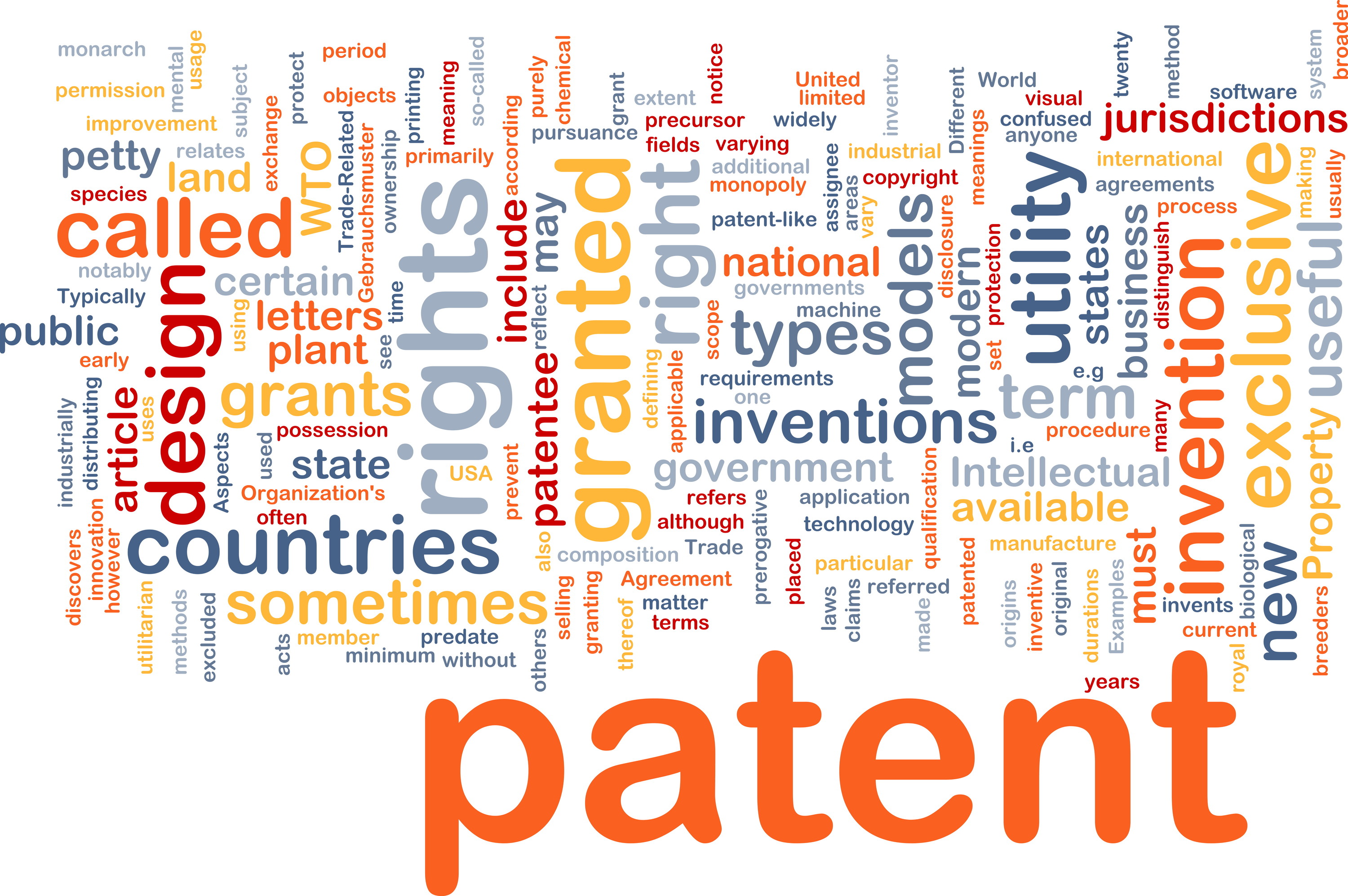
A patent is defined as an exclusive right granted by a country to an inventor, allowing the inventor to exclude others from making, using or selling his or her invention in that country during the life of the patent. Our very own law discussing on matters of patent, the Industrial Property Act, describe a patentable invention as ‘a solution to a specific problem in the field of technology’. It seeks to protect innovators or inventors, and ensure that their originations aren’t stolen or misused by the public, hence promoting the moral and financial gain of creators. While we have legal framework that dwells into patent eligibility and protection fairly adequately, there are still several practical challenges that come with registering patents. A little something to consider if you’re a potential innovator or inventor;
- The absence of a patent information policy at KIPI is one of the challenges faced in Kenya, hindering effective management of patent information in the country. Patent records at The Kenya Industrial Property Offices (KIPO) are not well managed and organized and access to patent information is problematic. Patent records and related information at KIPO are maintained in two separate areas – the patent registry where restricted patents are stored and in the library where patents available to the public are held. These units have limited space and inadequate facilities resulting in congestion and poor standard of maintenance.
- Although the 2010 Constitution supports Intellectual Property, KIPI requires a period of 18 months to process the eligibility of a patent before it becomes viable. The effect of the above provision is that a patent applicant has no legal rights that s/he can apply, before the 18 months. This means that the inventor must wait for 18 months after the filing date before s/he can do anything in terms of enforcement. This time frame is viewed to be too long by many inventors, and has subsequently has labeled KIPO as being ineffective and full of cumbersome processes.
- The high cost of filling a patent. The amount of fees charged by KIPO is considered to be on the higher side for ordinary citizens. For instance, to file an application in Kenya, you need to pay;
A Filing fee of Ksh. 3000/, which is due when the application is filed. Publication fee of Ksh. 3000/, which is due after 18 months from the filing date. Examination fee of Ksh. 5000/, which is due within 3 years from the filing date. Grant fee of Ksh. 3000/, which is due once the patent has been accepted for grant. As well as an annual fee in order to maintain protection of your invention. The above figures cannot be afforded by many in the country, hence why there have only been a small number of patent applications.
- In Kenya, many viable patent applications are lost in light of poor drafting of claims. For example, section 21 of the Industrial Property Act sets out that computer programs and software are patentable. However most claims do not meet the patentability threshold. The problem lies with how well such patent applications are drafted.



